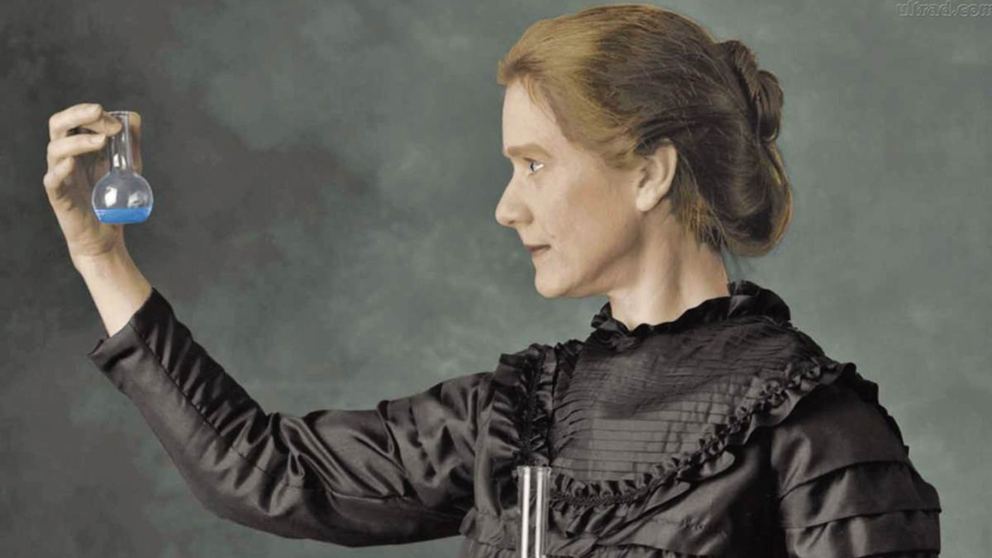On the occasion of the International Day of Women and Girls in Science, which is celebrated on February 11, on this occasion, I take a break from the editorials devoted to analyzing the scientific aspects of COVID, to comment on my experience with women in science.
At the Salvador Zuberan National Institute of Medical Sciences and Nutrition, the presence of women in sciences is considered a reality and superiority to men. We have 164 medical science researchers, of whom 104 are women (63%) and 60 are men (37%). It seems to me that the difference is partly due to the fact that in recent years more women have been employed than men, since the mean age is lower for women (51.3 10.6 vs 56.6 13.8, p.
My personal experience with women in science has been very intense and satisfying. I have had the privilege of collaborating with many of them and training a large number of them. As a resident, I have worked closely with two extraordinary women with whom I have been a close friendship thus far: Leticia Quintanilla (today in Germany) and Ana Maria Contreras (today in Guadalajara). During my postdoc in Boston, I had the pleasure of advising on the work of Daniela Ricciardi, who came from Italy and now lives in Great Britain, with whom I have since become a true friendship that has extended to our wives. As an academic tutor, I have had the privilege of advising on my doctoral thesis and promoting the careers of Norma Bobadilla, Consuelo Plata, Adriana Monroy, Adriana Mercado, Patricia Mead, Erika Moreno, Paula de los Heroes, Maria Castaneda, Maria Chavez, Lorena Rojas and Silvana Pázina. Except for Jessica, who is about to graduate, all of them are now researchers at various institutions in Mexico and belong to the national system of researchers, with the exception of Patricia the researcher, but in Zaragoza, Spain. They have served and continue to serve Mexico with their intelligence, skills, concerns, and ideas. Those who decided to do so are mothers and at no point did this hinder their academic development. Several women have passed through my lab: 15 interns in medical social work, four postdocs, and five who have completed their undergraduate thesis under my supervision.
My academic career has been enriched and invigorated by all of them, who have brought into my academic environment not only their intelligence, perseverance, creativity, reasoning and hard work, but also their affection, gentleness, beauty, sensitivity, feelings, fears, desires, joys, tenderness, shyness, understanding, attention to detail, intuition, insight and expression Emotions, which turned the laboratory into something similar to a home, but not an analgesic type, but a product of scientific knowledge. To each of them my eternal gratitude.

Photo: special

“Social media evangelist. Student. Reader. Troublemaker. Typical introvert.”

:quality(85)/cloudfront-us-east-1.images.arcpublishing.com/infobae/TEQF6EONZRFGLLLDIDD4L2O4EE.jpg)

:quality(75)/cloudfront-us-east-1.images.arcpublishing.com/elcomercio/XU32LRAEZFDDPNVHLFU3CKVBYY.jpg)



More Stories
Venezuela ranks fourth in female leadership in science and technology in Latin America
In Portuguesa and Sucre they explore the wonderful world of science
The university court overturns the expulsion of two teachers and a chemical sciences student